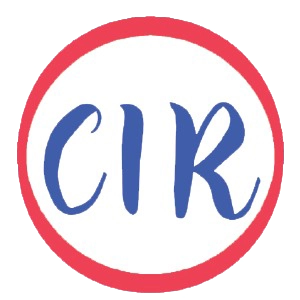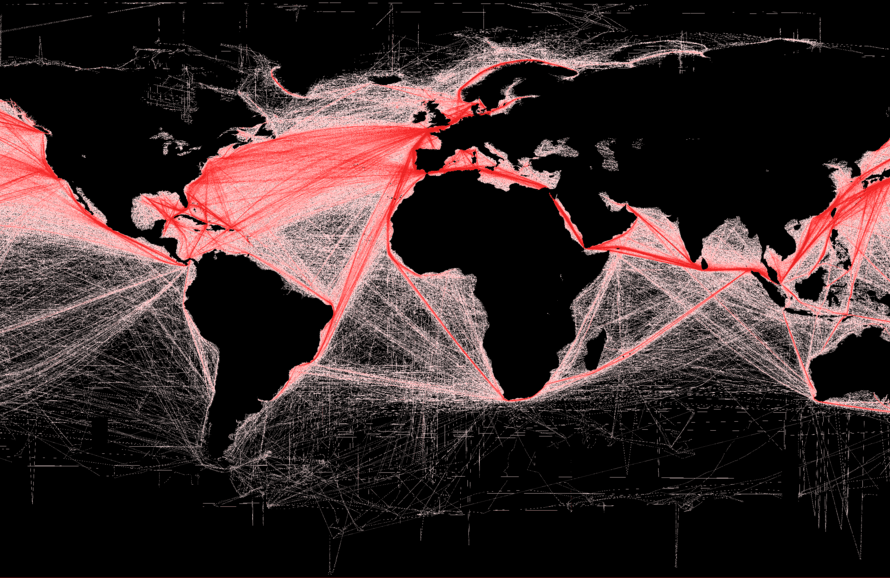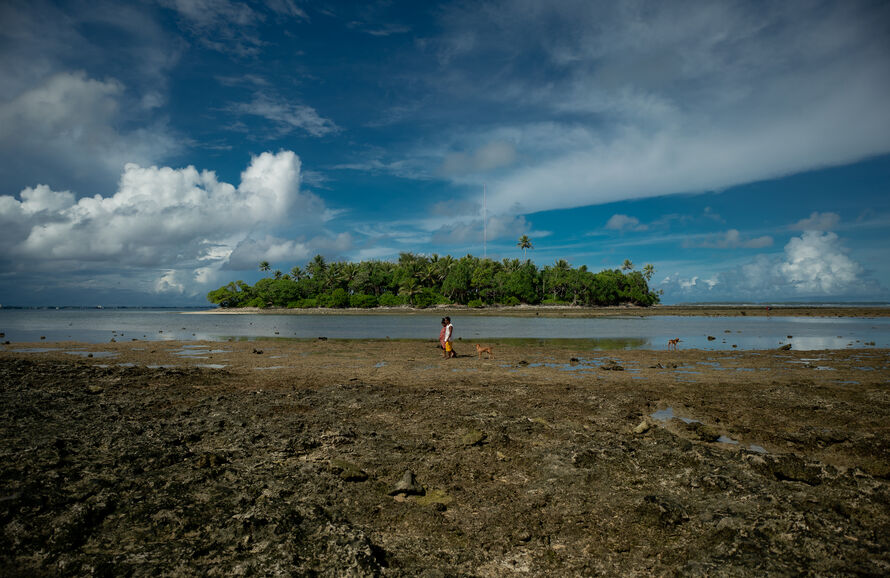Deadline – 16 May 2023, 09:59 AM, Pacific/Niue (UTC -11)
info.ejn @internews.org
EJN is hosting a virtual media workshop on June 20, 21 and 22 for journalists interested in reporting on marine pollution.
Please read the following sections carefully, as they contain important information on eligibility and the application process.
Overview
The ocean, already under stress from climate change, is the ultimate sink for many pollutants, including plastic, microplastic, sewage, radioactive waste, industrial and chemical effluents, nutrient-rich agricultural runoffs, and oil spills.
Other lesser known but equally debilitating threats include light, thermal and noise pollution. Every year, over 1 million marine species (including mammals, fish, sharks, turtles, and seabirds) are killed due to plastic debris in the ocean. Increasingly, coastal development and human activities such as shipping, military operations, desalination, mining and energy exploration underwater also threaten the survival of marine species.
The health of the ocean determines the health of the planet, however, marine conservation does not elicit the attention – and urgent action – it needs. There remains a dearth of in-depth reporting that unpacks the science and the policies around these issues to inform and engage the public, and hold polluting corporations and policymakers to account.
To meet this need EJN is hosting a three-day virtual workshop with support from the Paul M. Angell Foundation to deepen journalists’ knowledge of the various sources of marine pollution, and governance measures aimed at combating them. Participating journalists will learn how to highlight the impacts of marine pollution more effectively and examine solutions and regulations – at the local, national and international level – that aim to combat it.
Themes
The workshop will focus on three primary themes: on the first day, journalists will learn more about the sources of marine pollution; on the second day, experts will lead sessions on ocean governance, international treaties and other regulatory measures to curb marine pollution; and on the third day, participants will discuss storytelling techniques and approaches to improve their coverage of these issues.
Journalists will have the opportunity to workshop their story ideas, network with peers and editors, and connect with thematic experts and sources for their reporting.
The final agenda of the workshop will be shared with selected participants in June.
Eligibility
Applicants can be from any country in the world; applicants from coastal countries are preferred.
For the purposes of this grant opportunity, we will only be accepting applications in English. Unfortunately, we do not have the capacity to consider applications in other languages at this time. Applicants must have a working understanding of English to participate in the workshop.
Applications are open to journalists working in any medium (online, print, television, radio) and other expert media practitioners with professional reporting experience and a history of covering environmental issues. We encourage applications from freelance reporters and staff from all types of media organizations – international, national, local and community-based.
EJN reserves the right to disqualify applicants from consideration if they have been found to have engaged in unethical or improper professional conduct.
Logistics
We plan to accept approximately 30-40 participants for the workshop. Successful applicants will be notified by early May.
The webinar will take place virtually on Zoom over three days – June 20, 21 and 22 – with 2.5-hour sessions each day. While we strive to choose a time that works for as many time zones as we can, it is possible the timing of the workshop will be early in the morning or late at night for certain applicants. Please take this into consideration when applying.
For journalists who lack access to a stable, strong internet connection, we can provide a limited number of communications stipends to enable participation.
Selected participants who attend all three days of the workshop will be eligible to apply for a story grant to produce journalistic work following the workshop, which will be awarded to two journalists. Current EJN grantees are not eligible to apply. The grant can fund travel costs, reporter stipends, multimedia elements and more, provided the story focuses on marine pollution. The story grants will be chosen through a competitive selection process and successful applicants will have until November 30, 2023 to finish reporting. More information will be provided during the workshop.
All participants who attend the full three days will also receive a certificate of completion from EJN.
Application process
- Click the ‘Apply now’ button at the top of the page.
- If you have an existing account, you’ll need to log in. Since we recently updated our website, you might have to reset your password by clicking the “Forgot password?” link in the log in page. If you don’t have an account, you must register by clicking “Log in” on the top right of the page and click the “Sign up” link at the bottom of the page that opens. Click here for detailed instructions on how to create an account, and here for detailed instructions on how to reset your password.
- If you start the application and want to come back and complete it later, you can click ‘Save Draft.’ To return to the draft, you’ll need to go back to the opportunity and click ‘Apply now’ again to finalize the application.
If you encounter difficulties with submitting your application or have questions about the grants, please email info.ejn@internews.org. Do not contact any other Internews email regarding this opportunity, as we will not receive it.
Applications submitted after the deadline will not be considered.
Banner image: A map of commercial shipping routes, showing relative density (in color) against a black background. Shipping burns more than 300 million tons of fuel every year. It is responsible for ~3% of global anthropogenic carbon dioxide emissions / Credit: BS Halpern (T Hengl; D Groll) via Wikimedia Commons / Earth Journalisn Metwork.



![IWMF’s fund for women journalists open [Worldwide]](https://cir.lk/wp-content/uploads/2023/05/Screenshot-2023-05-02-063415-1068x971.jpg)
